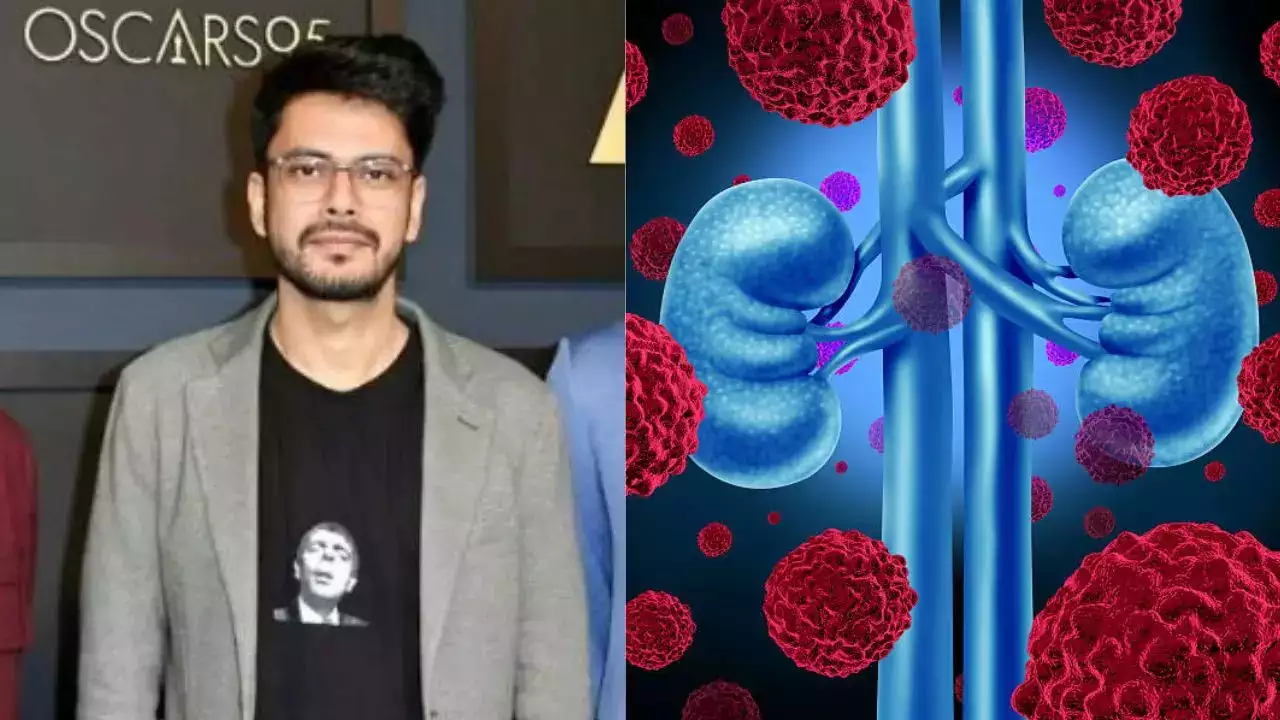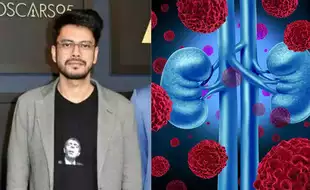
Sen said his diagnosis was an accidental discovery and a blessing in disguise (Pic:Instagram/iStock)
Award-winning filmmaker Shaunak Sen revealed he was diagnosed with early-stage renal cancer when doctors detected a small malignant tumour. Sen took to social media and updated that he underwent partial nephrectomy, in which a part of his kidney was removed to take out the tumour.
Sen also said the diagnosis was an accidental discovery and a blessing in disguise.
“Bit of an absurd update. October end, during a checkup for an autoimmune thing, I got a shock diagnosis—a routine scan revealed a small malignant tumour in the kidney. Urgent surgery was advised,” Shaunak wrote in the note on Instagram. “The accidental discovery was a blessing in disguise, it was caught very early at a low-grade stage. Recovering since and regaining strength,” he added.
Shaunak, who gained prominence globally in 2023 with his Oscar-nominated documentary All That Breathes, said he did not have any symptoms, no history of the disease, and does not even smoke or drink.
What is kidney cancer?
Kidney cancer is the abnormal growth of cells in your kidney tissue, which in time form tumours. A cancerous or malignant tumor spreads to other tissues and vital organs, leading to metastasis.
According to experts, kidney or renal cancer is most common in people between the ages of 65 and 74 years. Men are twice as likely as women to develop the disease. It is also more common in Native American and Black populations. However, it is much less common in children. However, 500 to 600 children are diagnosed with a Wilms tumour - a type of kidney cancer year.
What causes kidney cancer?
Doctors say while the exact cause of kidney cancer is not known, there are certain risk factors that increase your chances of getting the disease, which include:
Smoking
Those who regularly smoke are at greater risk for kidney cancer
Obesity
Obesity and being overweight are big risk factors for kidney cancer. In general, the more overweight a person is, the higher the risk.
High blood pressure
High blood pressure or hypertension is linked to an increased risk of kidney cancer.
Family history
Those who have had family members with kidney cancer may have an increased risk of developing the condition themselves.
Gene changes
Your genes contain instructions for a cell’s function and changes in certain genes can increase the risk of developing kidney cancer.
Long-term dialysis
Dialysis is the process of cleaning your blood by passing it through a special machine. Dialysis is used when a person’s kidneys aren’t functioning properly.
How serious is a kidney tumour?
According to experts, some kidney tumours are benign or noncancerous and are generally smaller than the cancerous ones. They do not spread to other parts of your body and surgical removal is the most common treatment for noncancerous kidney tumours.
Whether your kidney tumour is cancerous or noncancerous, you should move forward with treatment as soon as possible to avoid complications.
Signs and symptoms of kidney cancer
Doctors say kidney cancer may not produce any noticeable symptoms in its early stages. But as the tumour begins to grow, symptoms appear. A few of these include:
- Blood in your pee
- A lump or mass in your kidney
- Flank pain
- Tiredness
- Loss of appetite
- Weight loss
- Low-grade fever
- High blood pressure
- Anemia
Get Latest News Live on Times Now along with Breaking News and Top Headlines from Health and around the world.

